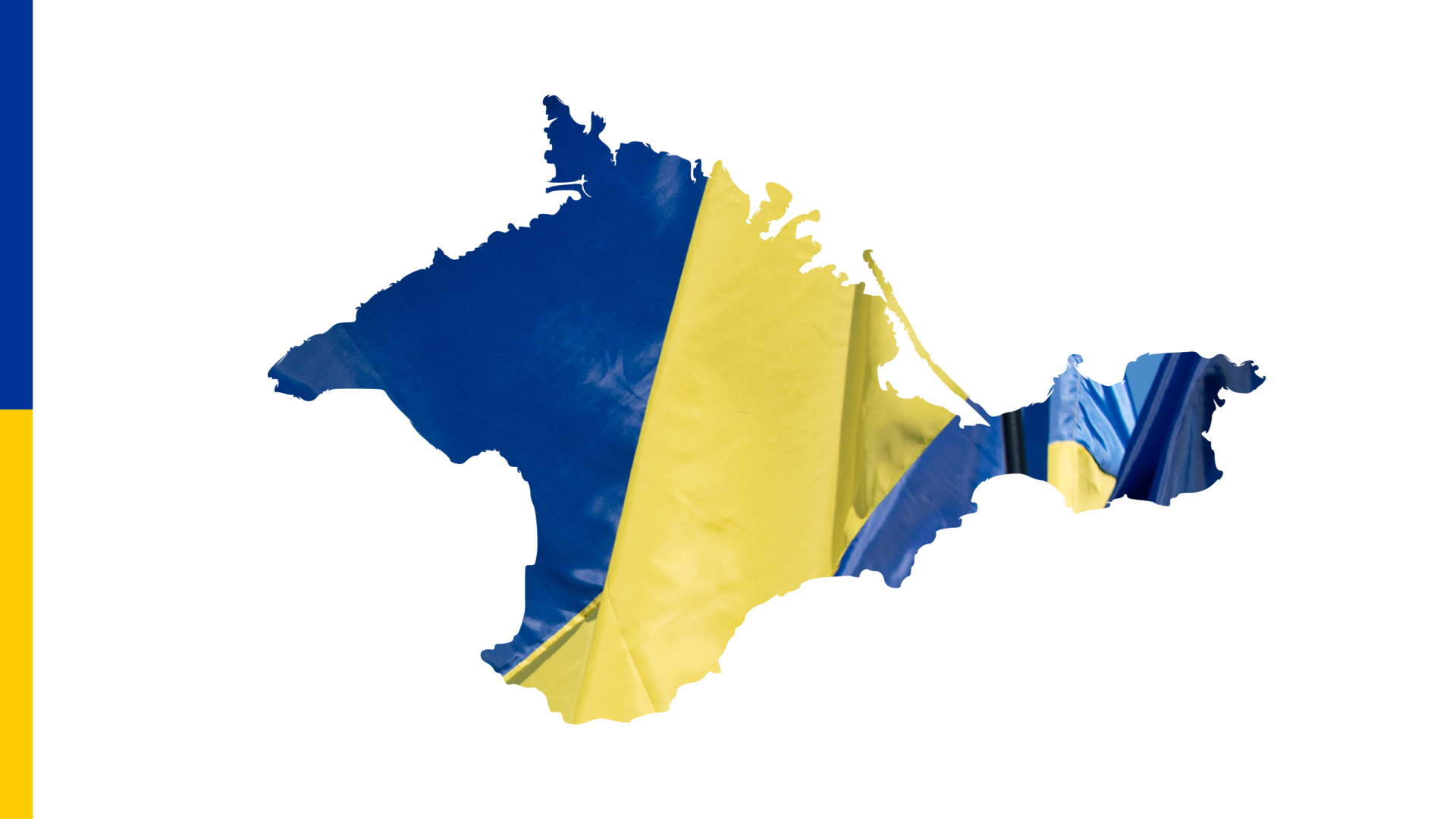This month marks 9 years since Russian forces occupied the Autonomous Republic of Crimea (Crimea) and the city of Sevastopol. In the subsequent 9 years, Russia has committed gross human rights violations and alleged international war crimes against activists, human rights defenders, including journalists and lawyers, and other members of society in Crimea. Since the full-scale invasion of Ukraine by Russian forces on 24 February 2022, Crimea has been used as a base for attacks against the civilian infrastructure in other regions of Ukraine.
In the last 9 years, with particular increases in scope and severity since February 2022, residents of occupied Crimea have been subjected to documented gross human rights violations by Russian authorities; including:
- Arbitrary arrests, detention, and torture;
- Cruel and degrading treatment, including to extract confessions;
- Deplorable treatment and conditions while in detention;
- Extrajudicial killings, abductions, enforced disappearances;
- Discrimination, harassment, intimidation, violence, including sexual and gender-based violence;
- Involuntary placement in psychiatric institutions; and,
- Forcible transfer or deportation of protected persons to the Russian Federation.
At the same time, Crimea residents continue to face an unprecedented scale of attacks on the freedoms of opinion and expression, peaceful assembly, and association by the Russian authorities.
Human rights defenders, including journalists and lawyers, as well as activists in Crimea face even greater threats by Russia authorities. At present, there are over 150 Crimean political prisoners in occupied Crimea and Russia. Human rights activists and defenders, including journalists and lawyers, have been deprived of their liberty and denied access to independent legal support and free and fair trials. These include activists Bohdan Zyza, Enver Krosh, lawyers Edem Semedliayev, Nazym Sheikhmambetov, Ayder Azamatov and Emina Avamileva and many others. Those deprived of liberty also include 15 professional and citizen journalists, in particular Vladyslav Yesypenko, Iryna Danylovych, Vilen Temeryanov and Server Mustafayev. Since 2020, at least 8 journalists have been detained while covering politically motivated trials.
In response, we reiterate our calls on the international community to:
- Use all bilateral and multilateral opportunities to demand Russian authorities:
- Release Iryna Danylovych, Vladyslav Yesypenko, Nariman Dzelyal, Bohdan Zyza, Enver Krosh, Vilen Temeryanov and all other prisoners of the Russian Federation prosecuted for political reasons in Russia or temporarily occupied Crimea.
- Discontinue the practice of using fabricated charges relating to anti-terrorism and anti-extremism legislation against human rights defenders, lawyers, activists and journalists.
- End persecution of citizen journalists, activists and the broader population using the laws on “false information” and “discreditation”.
- Allow access for international monitoring missions to Crimea.
- Support and express public solidarity for human rights defenders, including trial observation in Crimea and Russia.
- Provide financial, technical, diplomatic, and expert support to the Crimea Platform.
- Strengthen existing and introduce new sanctions against those responsible for gross human rights abuses.
- Support the establishment of Special Tribunal on the Crime of Aggression and other accountability mechanisms to bring perpetrators to justice.
In addition, we call on the Ukrainian authorities to:
- Ratify the Rome Statute of the International Criminal Court.
- Provide protection and social support to persons deprived of their personal liberty as a result of the Russian occupation of Crimea, as well as to members of their families.
- Provide comprehensive support to internally displaced persons from Crimea, including establishing mechanisms to support the full integration of children and youth, including obtaining official personal documents.
- Strengthen existing and introduce new sanctions against those responsible for grave human rights violations.





